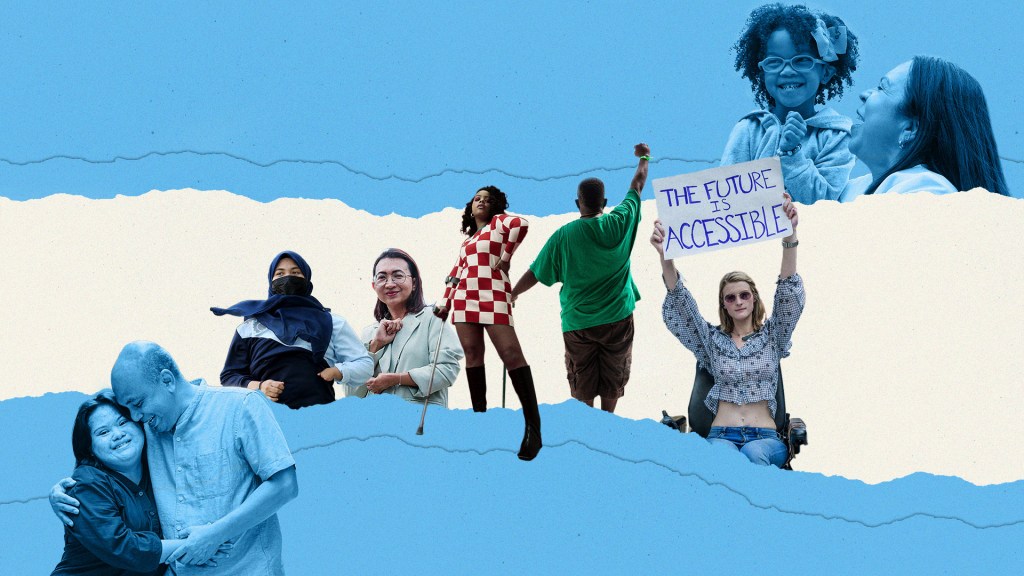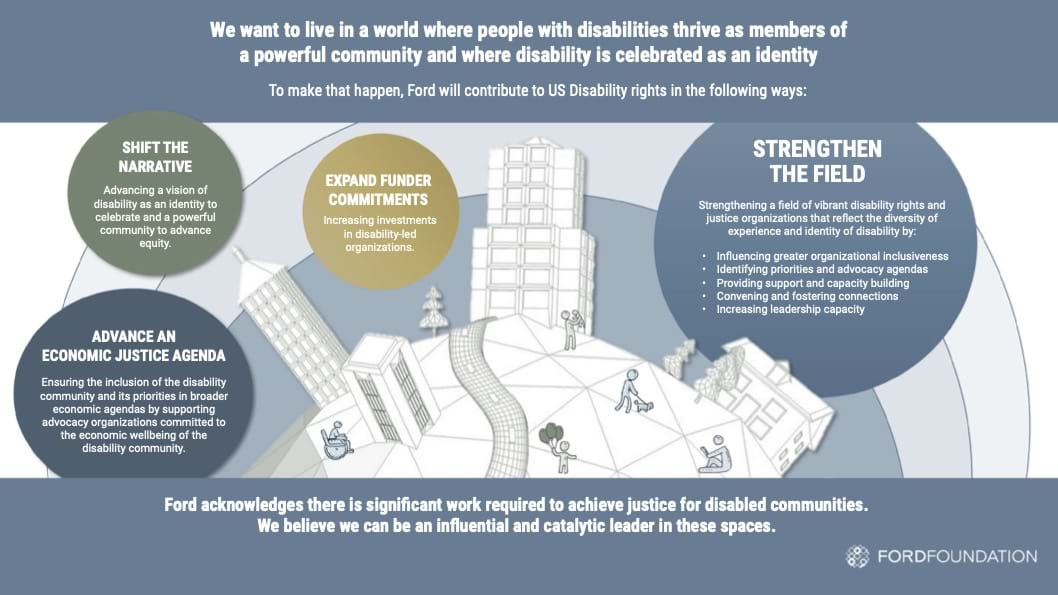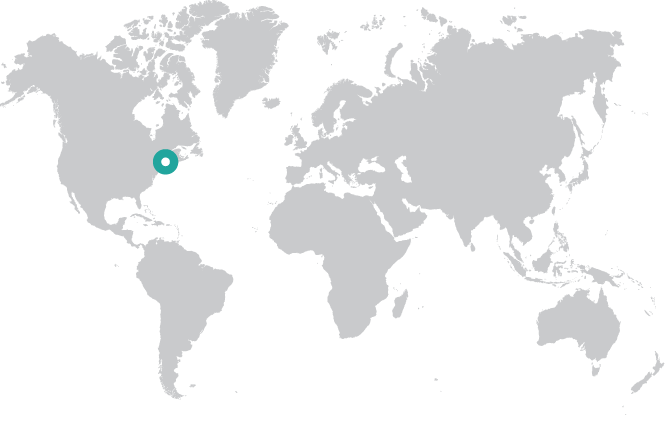U.S. Strategy

One in five Americans has a disability yet their power and presence are rarely felt. The compounded effects of persistent prejudice and unfair policies have resulted in deep economic and other forms of inequalities that keep people with disabilities at a severe disadvantage. We work to support disabled people in building power to achieve greater economic justice and realize their rights as a result of sustained and coordinated advocacy driven by diverse disability rights and justice leaders.

The Challenge
Disability and poverty are causes and consequences of each other: being disabled increases the likelihood of poverty and struggling with poverty exposes people to hazardous, unhealthy conditions that increase the likelihood of a disability. People with disabilities experience poverty at twice the rate as nondisabled people, and 25 percent of people with disabilities experience housing insecurity and homelessness. When examining the nexus of poverty, disability, and other forms of inequality, the consequences are even starker.
Unfair policies have enforced systemic poverty. Disabled people are paid a subminimum wage. Certain policies reduce benefits if disabled people receive family support or have money saved up in the bank. In over 10 states (and growing), disabled people may be required to work full time or lose benefits, leaving some with an impossible choice of taking on more work than they can handle or finding themselves deeper in poverty.
Persistent prejudice has kept the disability movement segregated. Cultural stigma has prevented people from identifying as disabled and advocating for their community. Advocacy lacks a pipeline of strong and diverse leadership that reflects the full experience and identities of the community, and disabled people are traditionally excluded from the table in broader social justice efforts. Despite the extraordinary intersections of disability with other social issues, like workers’ rights or racial justice, few movements have demonstrated allyship. Ableism within social justice movements has siloed disability work, resulting in the exclusion of disabled people in shaping policies that affect them. And lack of access to and support from funders has weakened the field, with less than two percent of foundation funding directed to disability work.
The Opportunity
Despite being under-resourced, the disability movement has a history of being strikingly effective in its engagement and advocacy. Regressive policy shifts have mobilized the community to build collective power and integrate disability at the intersection of every social issue, especially on health care or paid leave where decisions are made without their perspectives and needs.
COVID-19 has also reshaped awareness of disability while resulting in a whole new generation of disabled people. The pandemic has shifted perceptions of the community and helped counter harmful stigmas. It has also reexamined the debate on flexible work and school accommodations and brought more attention to and understanding of mental health.
Lastly, there is a growing movement in philanthropy toward a more intentional inclusion of the disability community and its priorities. Inspired in large part by Ford’s commitment to integrate disability to address inequality in all its forms and the development of the President’s Council on Disability Inclusion in Philanthropy, a wide effort by foundation leaders to influence the philanthropic sector to center people with disabilities in its grantmaking and operations, foundations are slowly gaining awareness of the real opportunities for impact when the disability community is involved.
Our Aim and Approach
Our goal is for disabled people to have greater economic security and realize their rights as a result of the efforts of diverse, coordinated, and empowered disability rights and justice advocates. We focus on four critical areas:
Advancing economic justice
We support leaders and organizations that advance economic justice for disabled people and bold changes to a system that perpetuates poverty. This includes both disability-specific priorities and the inclusion of disabled voices in the mainstream economic agenda.
Strengthening the disability field
We help the field build power by providing multi-year, general operating support to dynamic disability rights and justice organizations that reflect the diversity of experience and identity of disability. We support the field foster connections with other movements and networks to identify common priorities and agendas for advocacy.
Building effective leaders and networks
We provide capacity-building and professional development to BIPOC disabled leaders, both within disability rights and justice organizations and in broader social justice organizations, and help foster networks across sectors.
Cultivating positive narratives
We work to counter stigma and support communications that advance a vision of disability as an identity to celebrate and a powerful community to advance equity.
Our Impact
Our U.S. Disability Rights portfolio aims to achieve the following outcomes:
A stronger disability field
A more coordinated disability rights field will emerge, led by stronger institutions that reflect the diversity of identity and experience of disabled people.
Economic security for people with disabilities
Key policies and regulations that provide critical economic support to disabled people will advance at a state and national level.
More inclusive social justice movements
Social justice movements will increasingly incorporate disability rights and justice in their agendas, partner with disability organizations, and hire disabled people.
Disability pride
Disability will be seen by the public as a source of resilience and power, leading to decreased stigma and increased identification with disability.
Mobilized resources
Funders will increase commitments to supporting and integrating disability rights and justice into their grantmaking portfolios and internal practices.
Portfolio Snapshot
Annual Budget$8 million
Build Budget$10 million
Where WE Work
